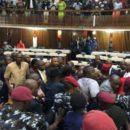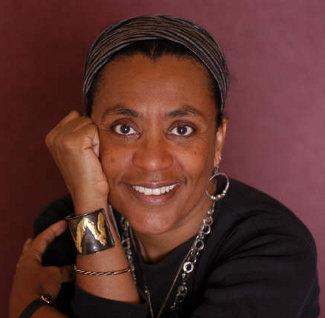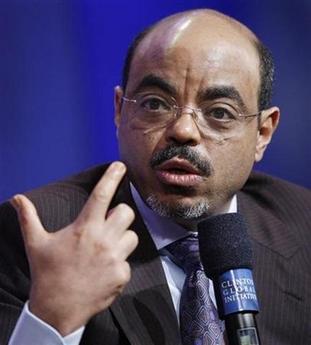“Save Darfur” Isn’t the Anti-Apartheid Movement
The Save Darfur campaign has been compared in size and impact to the Anti-Apartheid movement. Certainly there are comparisons. But South Africa was fortunate that the Anti-Apartheid movement displayed a level of political maturity that is absent from the leaders of the broader Darfur campaign. The end of Apartheid demanded a grand political compromise by both South Africa’s political leaders, and the world, which would not be possible with an agenda determined by the Rome Statute of the ICC, the Enough campaign and its ilk. South Africans were lucky: they could chart their own history and not be hostage to others’ theologies.
The Anti-Apartheid movement was honest about its intent: it opposed Apartheid which it saw as morally repugnant and an offence against humanity. The Save Darfur Coalition, Enough and their ilk are an anti-Khartoum movement. They excoriate the Sudan government but offer only mild criticisms of the opposition, especially the SPLM and SLM, mostly because they are not tough enough on Khartoum.
The Anti-Apartheid campaign was a movement of solidarity with a domestic political force, headed by the African National Congress and others, that was seeking a national political transformation. Anti-Apartheid had no blueprint for what it wanted and it wisely took its cue from the national political leadership. The broader Save Darfur movement is neither a peace movement nor a solidarity movement but essentially an intervention campaign. It has been so influential that there are strong trends within the Sudanese counter-elites in Darfur and the South that have adopted a political programme that amounts to calling on the U.S. to step in and save them.
In a signal victory for the Anti-Apartheid movement, in 1973, the UN adopted International Convention on the Suppression and Punishment of the Crime of Apartheid (UNCSPCA). This ruled Apartheid a crime against humanity and demanded its suppression. In its day it was as significant as the ICC issuing an arrest warrant for President Omar al Bashir. The ICC’s Rome Statute also defines Apartheid in a similar way as a crime.
When the African National Congress decided to negotiate an end to Apartheid, it could have opted for the SDC/Enough approach of moral absolutism and external dictat and demanded that the leaders of the Apartheid regime be held criminally responsible. In fact, had the ICC come into being fifteen years earlier, they might have had no option but to do so, because they would have been bound not just by the UNCSPCA but also by the Rome Statute. Putting F. W. de Klerk in the dock would have been an objective in itself and the human rights groups would have been outraged at the idea that the ANC, or indeed the international community, should negotiate with him.
For many in the ANC, the fact that de Klerk shared the Nobel Peace Prize with Nelson Mandela is still a source of chagrin. But there are none in the leadership who regret the decision to set aside the UNCSPCA and instead negotiate. They privately estimate that while Apartheid was doomed, it might have cost hundreds of thousands of lives, and the prosperity of the country, to bring it to an end by such absolutist means.
When Archbishop Desmond Tutu supported the ICC arrest warrant against Bashir he certainly reflected Africa’s moral outrage at what the Sudan government did in Darfur. But he might also have reflected that his role in South Africa was putting forgiveness and a commitment to a common future, ahead of the non-negotiable insistence on punitive justice.
When Human Rights Watch demands that justice cannot be negotiated, when Enough demands that the ICC warrant must be enforced in Sudan, it is worth reflecting on what it would have meant had they been able to insist on this agenda in South Africa twenty years ago. Perhaps Nelson Mandela would still be in prison. But they would proudly be defending their principles, fully vindicated by every bloody turn of events.







Actually, Tutu is in favor of reperations for apartheid victims: http://www.counterpunch.org/bond07172004.html
And the perpetuators of apartheid should’ve been on trial:
http://www.womanist-musings.com/2010/02/nelson-mandela-whose-hero-is-he.html